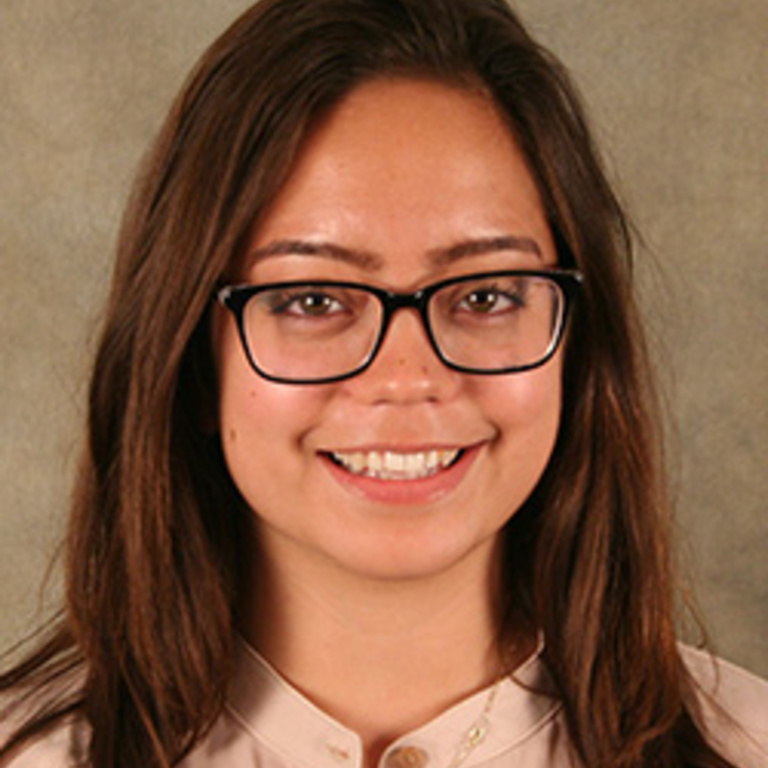Carmen Piedad
Expressing Yourself is a Human Right: The Roles and Possibilities with Music Programs in U.S. Juvenile Detention Centers
This research provides an overview of the juvenile justice system in the United States (U.S.) and explores three select music programs for youth who are incarcerated. Presently, U.S. correctional facilities hold the highest prison population in the world, including the largest population of juveniles. Article 19 of the United Nations Universal Declaration of Human Rights is the right and freedom of "expression." While freedom of expression can be viewed abstractedly, it is nonetheless a significant right that is constantly under attack depending on the political climate of a society. Despite the fact that there are limited empirical studies on music programs in juvenile facilities, recent trends indicate that music education programs are gaining a "foothold" in prisons across the country. Using a qualitative multiple case-study methodology, I examined three music programs across the U.S. My objective is to answer the following question: "What implications does the evidence suggest about the outcomes of music-making in juvenile detention centers?" There is a lot of quantitative and qualitative research missing on the effects that music programs can have on incarcerated youth. In all three programs, however, studies showed increased levels of self-confidence and self-esteem through the participation in the program and the practice of using positive language during the music sessions.
